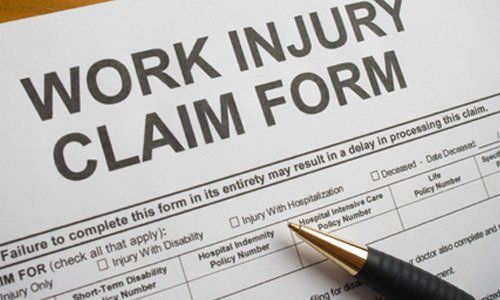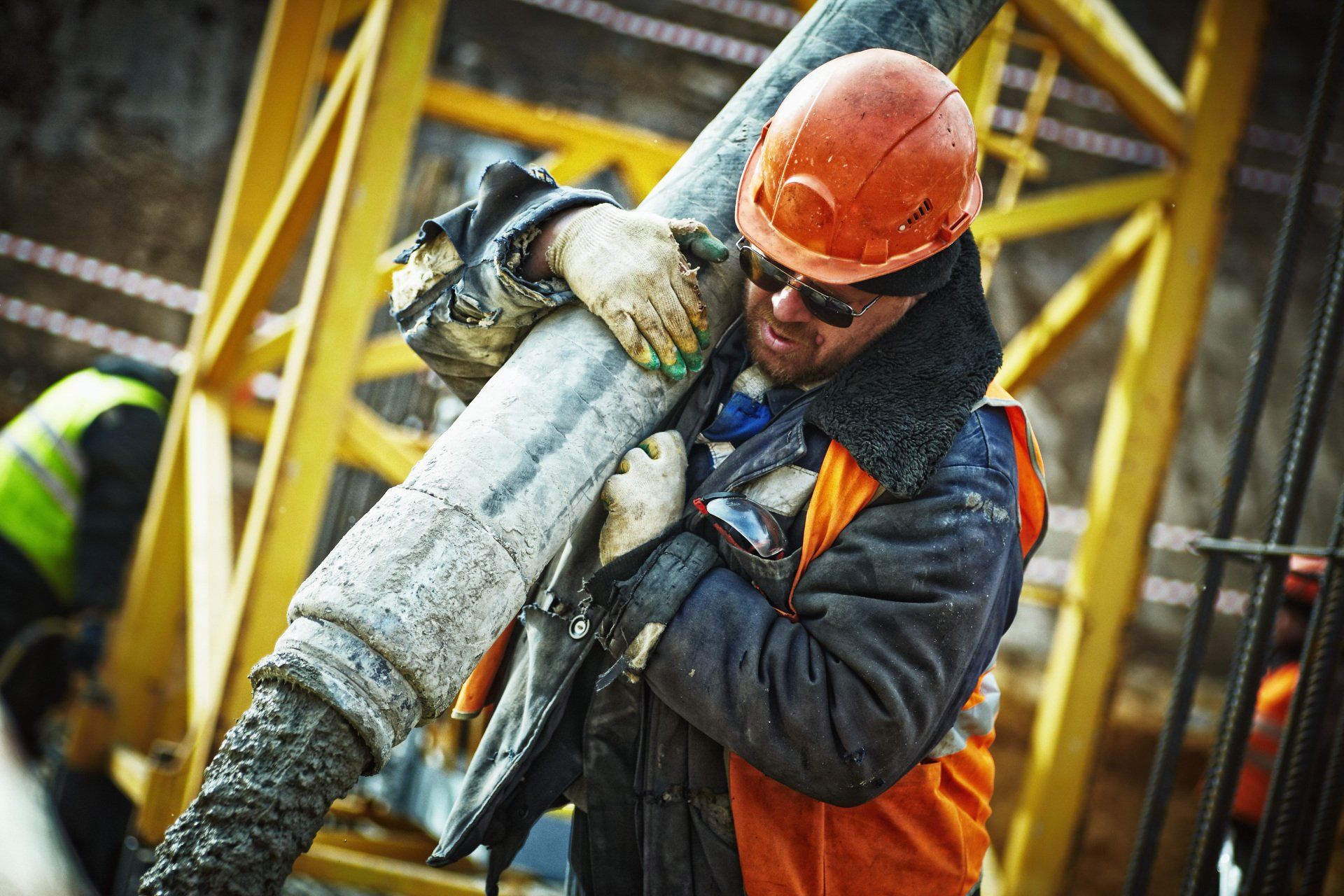The Benefits of Post-Employment Testing
Reduce unforeseen costs and find the best worker-task fit with post-employment testing. Discover the process and its benefits for your company.

Any job that requires physical tasks must be met with employees that can handle the necessary physical demands. To ensure the best job fit, it’s important to test that your potential new hire doesn’t just look good on paper but can actually perform the tasks of the job description safely and with ease. Post-employment testing is key to identifying suitable candidates for the physical tasks before employee placement. Conversely, the absence of this safety test may cause the company to suffer from unforeseen costs in productivity, profitability, and worker compensation and injury claims. PCP Works utilizes our proprietary PCP Testing System to physically evaluate your prospective new hires painlessly and with respect to your company’s unique task-based needs.
The Advantages of Post-Employment Testing
Companies typically offer post-employment testing, also known as post-offer employment tests (POET) or physical ability screens, for prospective new hires of physically demanding jobs after they make a job offer but before they place and onboard an employee within the company.
Specifically, post-employment tests are a form of safety testing consisting of a physical screening with medical examination components to evaluate the candidate’s physical abilities concerning particular job expectations.
This test aims to identify the candidate’s ability to adequately and continuously perform various physical tasks in line with the job, better ensuring worker-task fit and strengthening workplace safety conditions.
As such, the test will measure the necessary physical and medical characteristics for the job, and the employment opportunity will be contingent upon the safety testing results.
How Is a Post-Employment Test Different From Pre-Employment Testing?
Pre-employment testing usually consists of a basic physical screening that employers may request from candidates for positions requiring any physical demands. This can happen at any stage of the interviewing process until an employer makes a job offer.
Post-employment testing, however, is a safety test designed specifically for the individual tasks of the job, such as carrying a certain weight of goods repeatedly, and is administered after an employment offer has been made, but before an employee has been officially placed.
The Post-Employment Testing Process
At PCP Works, we’re committed to designing a custom and comprehensive safety test that measures your candidate’s physical abilities according to the particular job characteristics.
- According to the specific requirements of the job you’re hiring for, a medical professional will work with your human resources representative to develop unique criteria to measure the physical performance metrics needed.
- The candidate up for post-offer hire will complete the examination according to the job’s specific needs. The test will not take long, typically lasting an hour or less, to fully evaluate the candidate’s capabilities. Note that we are not evaluating basic physical abilities—only the particular abilities for the job in question.
- Based on the candidate’s performance against our criteria, we will develop a report deeming them capable or not capable.
- The choice to re-offer the test or rescind your employment offer is yours.
What to Expect Before Safety Testing
Prior to the test, collecting information from human resources is necessary to develop specific criteria. Some things to keep in mind:
- Review the job description and identify the required tasks as aligned with the job
- Identify the components of each task, such as the weights of particular goods meant to be lifted, the time for which each task would take to be completed (such as two hours spent carrying heavy boxes), the physical distance to complete such tasks (as in, if your worker is to walk a span of 100 feet with heavy boxes), and the average frequency at which each task is expected to be completed (such as 50 rounds of a repeated task)
- It might also be useful to have a good idea of your performance parameters, such as if the candidate can perform the necessary functions but cannot perform them at the ideal volume or frequency wanted. These parameters are contingent upon your company’s baseline productivity needs and accommodations willing to be offered.
Advantages of Post-Employment Testing
Prioritize your bottom line without compromising on workplace safety.
Advantages
- Ensure your potential new hire is the best fit for the job and physical tasks it requires.
- Increase productivity by hiring employees guaranteed to get the job done well, with ease.
- Limit workplace accidents and injuries, providing workplace safety for all employees and preventing human resources-related issues.
- Save unforeseen costs in worker compensation claims due to physically demanding jobs.
- Reduce employee turnover due to injury, job misalignment, and physical incapabilities.
- Decrease healthcare costs associated with higher-risk candidates.
Post-employment testing is highly beneficial for ensuring the best fit for your unique task-related needs. Setting up a consultation with PCP Works is easy. it will save you so much time, hassle, and money in the long run by better guaranteeing your new hire can do the job, limiting high costs and workplace safety concerns.
Safety testing is the only way to definitively evaluate your candidate’s physical ability, so book a call with us today to move forward in the hiring process with confidence.










